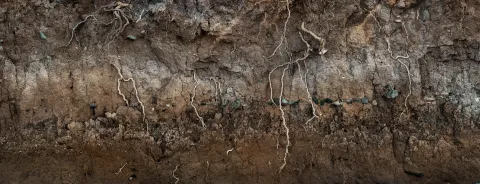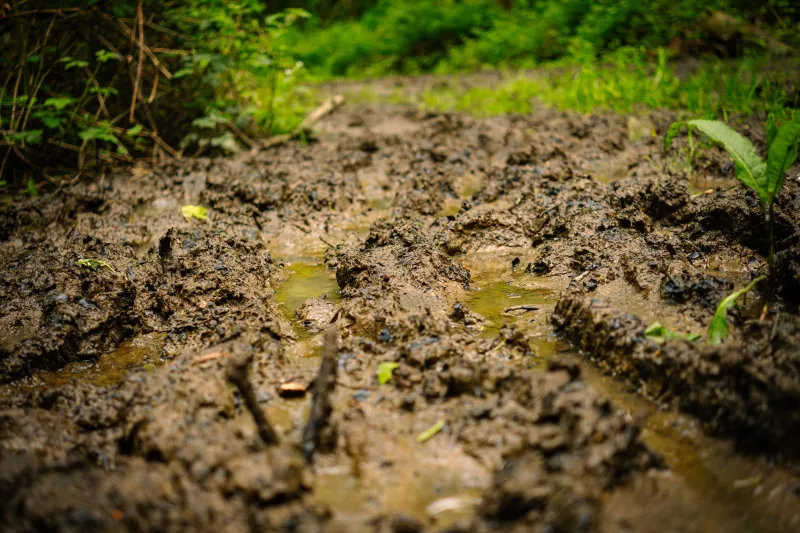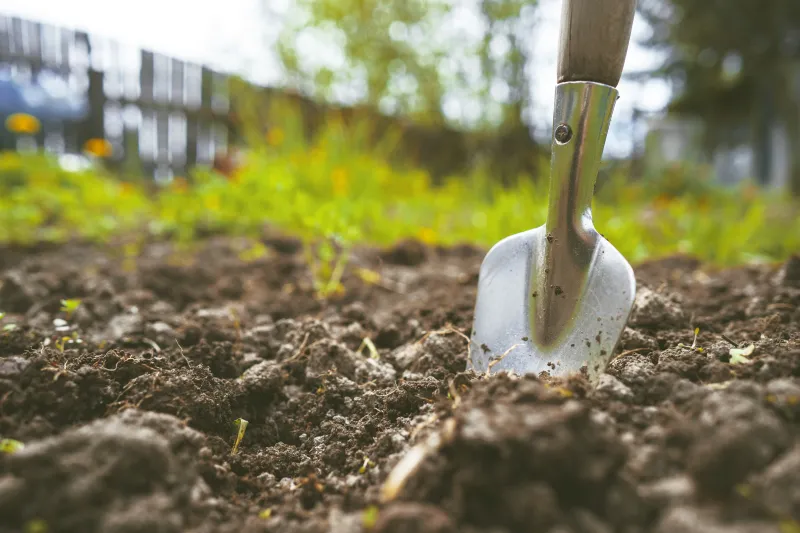Healthy soil is vital for successful gardening, but even good soil can develop problems over time. Understanding when and how to improve your soil can make the difference between thriving and struggling plants. In California's diverse landscapes, soil management is especially important as our soils face challenges from compaction, poor drainage, and salt buildup.

Preventing Soil Problems
The best soil management strategy is preventing problems before they start. Here are key practices that help maintain healthy soil:
Keep soil disturbance to a minimum. Only cultivate your soil when necessary, such as when incorporating organic matter or preparing planting areas. Work the soil when it's moderately moist - dry enough not to stick to your tools but moist enough to form a loose ball.
Protect your soil by designating paths through garden areas and avoiding walking on garden beds, especially when wet. Consider using mulch to protect bare soil, reduce compaction from rain, and maintain soil moisture.
Common Soil Problems
Soil compaction is one of California gardens' most serious and common problems. You might have compacted soil if you notice:
- Water pooling on the surface after irrigation
- Hard, dense soil that's difficult to dig
- Plants struggling to grow, especially during establishment
- Shallow root systems
Other common issues include poor drainage, uneven soil moisture, and difficulty getting plants established. Many of these problems develop gradually through regular garden use or can occur suddenly during construction projects.

When to Amend Your Soil
While adding amendments might seem like an easy solution, it's not always necessary or practical. Consider amendments when:
- Soil tests reveal significant problems with pH or nutrients
- Water drains too quickly or too slowly
- Soil is extremely sandy or clay-heavy
- Plants consistently struggle despite proper care
Solutions for Physical Soil Problems
Improving soil structure requires different approaches depending on the situation:
For compacted soil, focus first on reducing future compaction. Core aeration can help existing lawns and garden beds. For severe compaction, you may need to break up the soil physically when it's moderately dry.
Adding organic matter is usually the most effective solution for poor structure or difficult soil texture. Materials like compost, aged manure, or other decomposed organic matter help both sandy and clay soils. Sandy soils gain water-holding capacity, while clay soils become easier to work with.
For new planting areas with severe problems, amend the entire planting area rather than just individual holes. This gives plant roots room to expand and helps prevent drainage problems.

Solutions for Chemical Soil Problems
High or low pH can be adjusted gradually. Lowering pH typically takes longer than raising it, and results aren't immediate. In many California soils, high pH is common and may be best managed by choosing adapted plants rather than significantly altering the soil.
Salt problems in many California regions require good drainage and careful irrigation management. Regular deep watering helps move salts below the root zone.
For urban gardens where lead contamination is a concern, maintain soil pH near neutral, add organic matter, and consider raised beds or containers for edible crops. Always wash produce thoroughly.
Remember, soil improvement is often a gradual process. Focus on long-term soil health rather than quick fixes. Before making major amendments, always consider having your soil tested. This cautious approach ensures that you are well-informed and making the best decisions for your garden.

